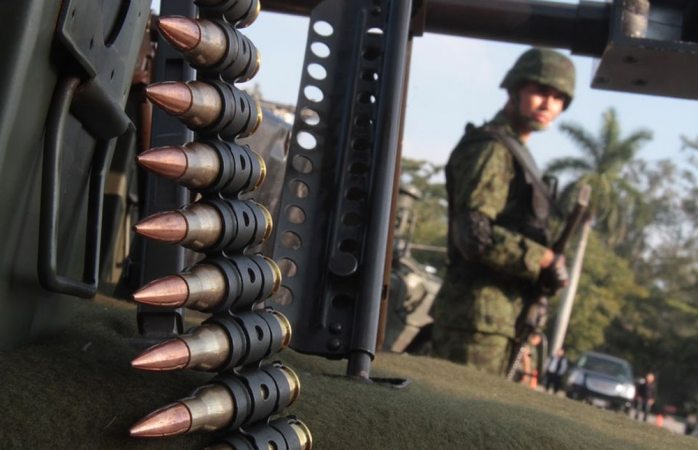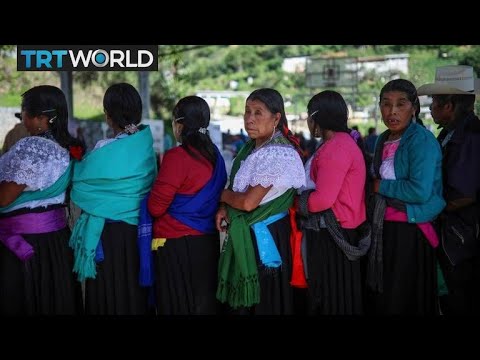
Mexico remilitarizes drug enforcement
Despite his boast to have “ended” the drug war and pledge to explore cannabis legalization, Mexico’s new populist president is seeking to create a special anti-drug “National Guard” drawing from the military and police forces. Use of the military in drug enforcement was already shot down by the Supreme Court, but President Andrés Manuel López Obrador is going around the judiciary by changing the constitution. This plan is moving rapidly ahead—and meanwhile the military is still being sent against campesino cannabis growers and small traffickers.



